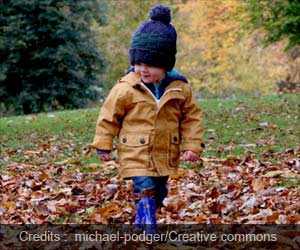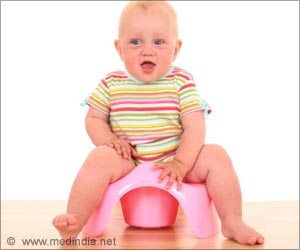According to Luby, ‘For years studies have underscored the importance of an early, nurturing environment for good, healthy outcomes for children.’

"We found a very strong relationship between maternal nurturing and the size of the hippocampus in the healthy children," she says.
Although 95 percent of the parents whose nurturing skills were evaluated during the earlier study were biological mothers, the researchers say that the effects of nurturing on the brain are likely to be the same, for any primary caregiver — whether they are fathers, grandparents or adoptive parents.
The fact that the researchers found a larger hippocampus in the healthy children who were nurtured is striking, Luby says, because the hippocampus is such an important brain structure.
When the body faces stresses, the brain activates the autonomic nervous system, an involuntary system of nerves that controls the release of stress hormones. Those hormones help us cope with stress by increasing the heart rate and helping the body adapt. The hippocampus is the main brain structure involved in that response. It's also key in learning and memory, and larger volumes would suggest a link to improved performance in school, among other things.
Past animal studies have indicated that a nurturing mother can influence brain development, and many studies in human children have identified improvements in school performance and healthier development in children raised in a nurturing environment. But until now, there has not been solid evidence linking a nurturing parent to changes in brain anatomy in children.
Advertisement
She says educators who work with families who have young children may improve school performance and child development by not only teaching parents to work on particular tasks with their children but by showing parents how to work with their children.
Source-Eurekalert















